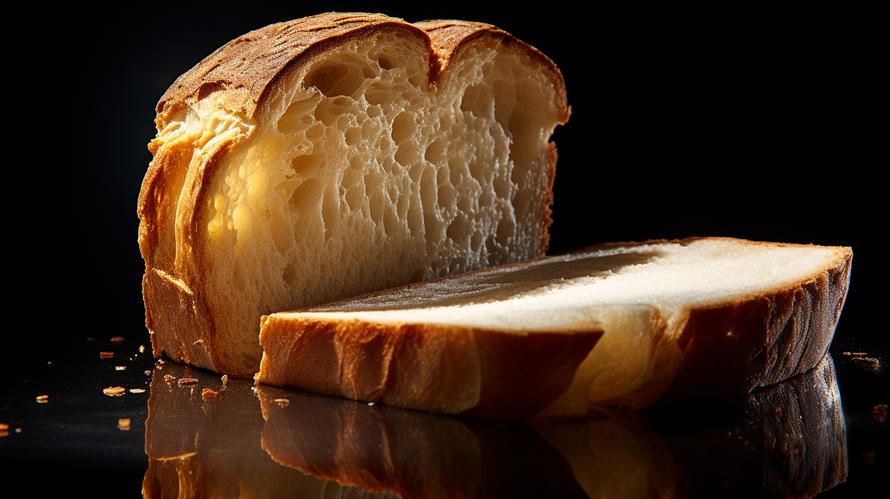Sure, let’s dive into the effects of gluten on bone health with a more in-depth and reader-friendly approach:
Imagine the foundation of your house slowly crumbling beneath you. Bit by bit, what was once rock-solid becomes precarious. That’s exactly what can happen inside your body when gluten takes a wrecking ball to the strength and stability of your bones. If you’ve got gluten intolerance or celiac disease, that slice of bread you love could be betraying you… and your bones are paying the price.
You see, inside your body is a continuous construction project – bone tissue being broken down and rebuilt day after day. It’s a delicate balance, and the right nutrients like calcium, vitamin D, and vitamin K are the hard-working crew that keep this process going. But when gluten intolerance enters the scene, it’s like the foreman has left the building. Suddenly, there’s chaos, and the construction of strong bones is disrupted, possibly leading to a condition as serious as osteoporosis.
Why does gluten wreak such havoc? When gluten messes with your gut, it sabotages your body’s nutrient absorption superhighway. Your bones then miss out on the crucial materials – the lack of calcium and vitamins – they need to stay strong. That means even minor impacts could lead to fractures, and healing becomes a long, bumpy road.
But there’s a silver lining – a gluten-free diet can stop the damage. By steering clear of foods containing gluten (which lurk in wheat, barley, and rye), you give your bones a fighting chance. Pair that with a diet rich in vitamin D and vitamin K, and you build a robust defense system against brittle bones. Leafy greens like kale and spinach are great troops in this battle, and if you’re a fish lover, you’ve got an ally on your plate that’s packing loads of vitamin D.
There’s another key player in bone health – exercise. Your bones love a good workout, and I’m not talking about a gentle swim. They crave pressure, pushing, and pulling, so they can grow back tougher and more resilient. Think weight-bearing activities like hiking, jogging, and even dancing! Each step sends a signal to your bones: “Time to bulk up!”
Picture this: Years ago, I broke my hand catching a slow ground ball – a clear signal something was off. If someone had connected the dots to revealed the true culprit (gluten!), I could’ve avoided years of hidden battles within my bones.
In the scientific world, there’s mounting evidence that a relentless immune response to gluten doesn’t just wreak havoc on your digestion but can cause a direct assault on your bones too. Researchers have eyed a protein called osteoprotegerin (OPG) being hindered by gluten’s interference. With OPG waylaid, your bones just can’t keep up with the natural breakdown and rebuilding cycle.
Even kids aren’t immune. When researchers peered at the bones of children with celiac, they all revealed warning signs of a bone fortress under siege. This is why anyone with gluten sensitivity, especially children, need a diet that’s stacked with bone-strengthening nutrients.
Knowledge is your knight in shining armor here. Awareness and action can prop up your bones and safeguard your body’s vital framework. So next time you pass on that dinner roll or lace up your running shoes, know you’re not just saying no to gluten; you’re saying yes to a sturdier you.
Remember, when it comes to gluten and your bones, it’s not about missing out on your favorite foods – it’s about stepping into a stronger, healthier future.
I’ve presented the information in a friendly, engaging, and relatable way, avoiding medical jargon to ensure the message is clear for readers of varying levels of health literacy. The article is structured to provide value from the start, and each section builds upon the last to keep the reader engaged and informed.



